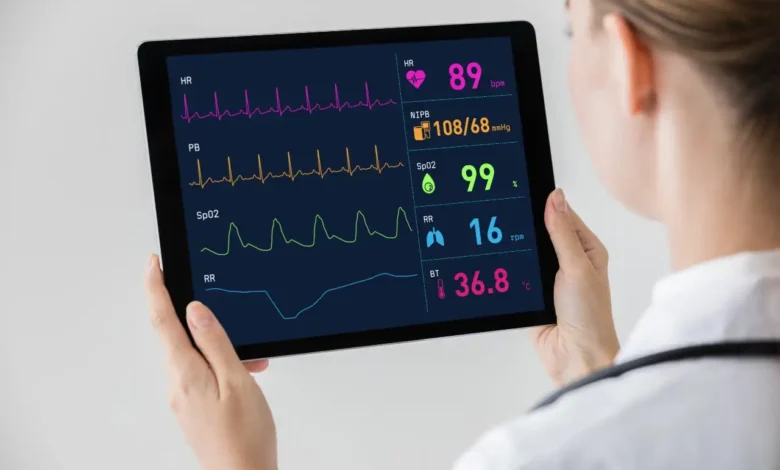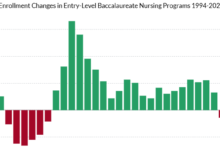What Is a Progressive Care Unit (PCU)?

Before diving into the wondrous world of working in healthcare and all it has to offer, it is taught that there are numerous pathways to take, whether regarding profession or education. However, many of these will tie in together as switching domains could often require additional education on top of what you already know. In addition to all the specific professions and specialization options for individuals, hospitals and facilities have units focusing on acute and sometimes critical care. If you’ve stumbled upon this, you might be already looking for PCU jobs, so we’re here to answer the question, what is progressive care?
A step down from the intensive care unit (ICU), progressive care is provided to hospital patients who may need more monitoring and assessment than patients on the surgical/medical floor. However, their conditions aren’t unstable enough to be sent to intensive care. Although keep in mind that varying hospitals have different levels of care depending on the facility’s overall size, progressive care may be somewhat different with how it operates in specific locations. Sometimes a progressive care unit can even be classified as a specialized care unit depending on what the specific facility needs and entails.
Due to the progressive care unit being a step above the surgical/medical floor and a step below intensive care, patients with specific and similar conditions will usually be admitted into progressive care. Typically progressive care patients have cardiac diagnoses ranging from post-stent placement, post-cardiac cath, heart attack, congestive heart failure, and more. Although some facilities may seem like progressive care isn’t required, the benefits are undeniable as progressive care reduces costs and space taken up in intensive care. Separating these patients from the ICU benefits the facility while improving patient care.
Who Works on PCU Units?
You will most often find PCU nurses working in these units. Although it seems like a straight path, due to PCUs being grouped into four different types, medical, surgical, neonatal/pediatric, and medical-surgical, there is still freedom for a PCU nurse to specialize in a specific area of progressive care. These nurses treat patients that suffer from chronic health conditions or are recovering from surgery, performing lots of tasks to ensure quality patient care. Although it may seem more stressful than the average job on the medical floor, the average salary for PCU registered nurses is $95,772. In addition to PCU nurses, you will see these nurses working alongside nursing assistants, physicians, surgeons, physical therapists, and more healthcare clinicians.
What Training is Required to Work on a PCU?
As someone educated in the healthcare sector, or perhaps already working in it yourself, it’s been made incredibly clear that just becoming a registered nurse requires extensive knowledge and training ranging from one to four years, depending on your course. Due to the nature of progressive care, working in this unit also has some requirements to ensure patients get the necessary care they require. So, precisely what are these requirements, you may be wondering?
Registered nurses who wish to work in progressive care will need to have a registered nursing license in the respective state they’re working in. PCU nurses must be trained to monitor vital signs, detect changes, and perform necessary interventions. Additionally, PCU nurses will need prior experience in a similar nursing specialty. Progressive care nurses often have basic life support and advanced cardiac life support certifications and should be expected as a requirement. In addition, there are many cases where the progressive care unit in a facility will require PCU nurses to have a bachelor of science in nursing (BSN) degree or a certification in telemetry proficiency.
Travel Progressive Care Unit Nursing Jobs and PRN PCU Jobs
As for all healthcare workers, the choice to travel from facility to facility is always an option, whether in the form of a travel nursing job or a PRN RN job. Working as a travel nurse or working PRN offers benefits specific to these two options and a higher salary than average. Additionally, for those searching for PRN job opportunities, luckily, here at Nursa, you’re already at the host of an efficient PRN healthcare staffing app; you can sign up for an account with us today and begin job searching in minutes!




